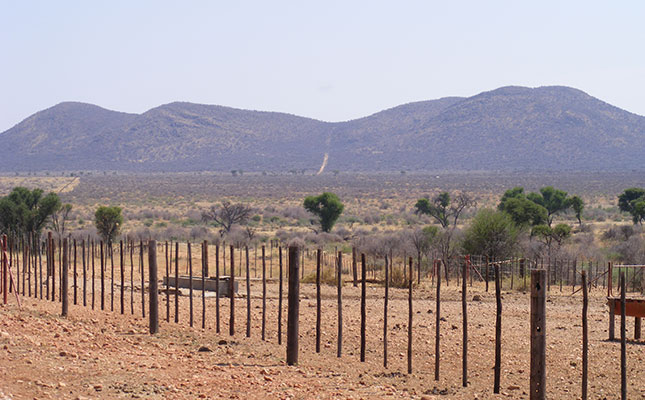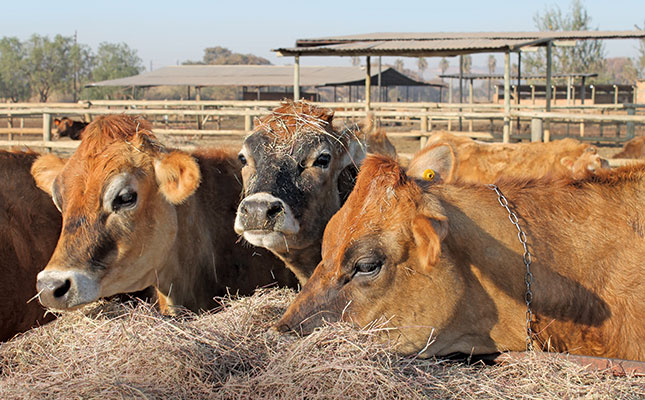
Photo: Annelie Coleman
This was according to Piet Gouws, president of the NAU, responding to the Namibian Agricultural Employers’ Association’s (AEA) biennial wage survey for the 2021/22 financial year, which showed that the average basic salary of a farmworker amounted to R2 574/month.
This represented an 8,79% increase compared with the previous financial year.
The AEA said in a statement that the average monthly cash salary was R1 880, while the value of monthly rations provided to farmworkers amounted to about R694.
Other perks included free housing, free transport for children to and from schools, free transport for workers and their dependents to clinics and hospitals, as well as permission to keep livestock and other animals, such as donkeys and horses, on farmers’ land without having to pay compensation.
About of 67% of farmworker households had electricity in their homes, which included a solar power supply.
In addition, 94% of the survey participants confirmed that they paid an annual bonus to their workers, with 79% also indicating that their workers received regular salary increases.
Gouws told Farmer’s Weekly that agricultural workers formed an integral role, directly and indirectly, in the agricultural value chain of that country. According to him, 70% of the Namibian population was employed by the broader agriculture sector.
“We were well on our way to start implementing a number of initiatives before the COVID-19 [pandemic] struck the country. At the moment, we are revisiting initiatives such as [negotiating] with local municipalities in terms of land for retirement homes for farmworkers.
“It is the intention of the agricultural employers of Namibia to change the sometimes-negative perceptions about farm labour, and to position the industry in such as way that jobs on farms become jobs of choice,” he said.













